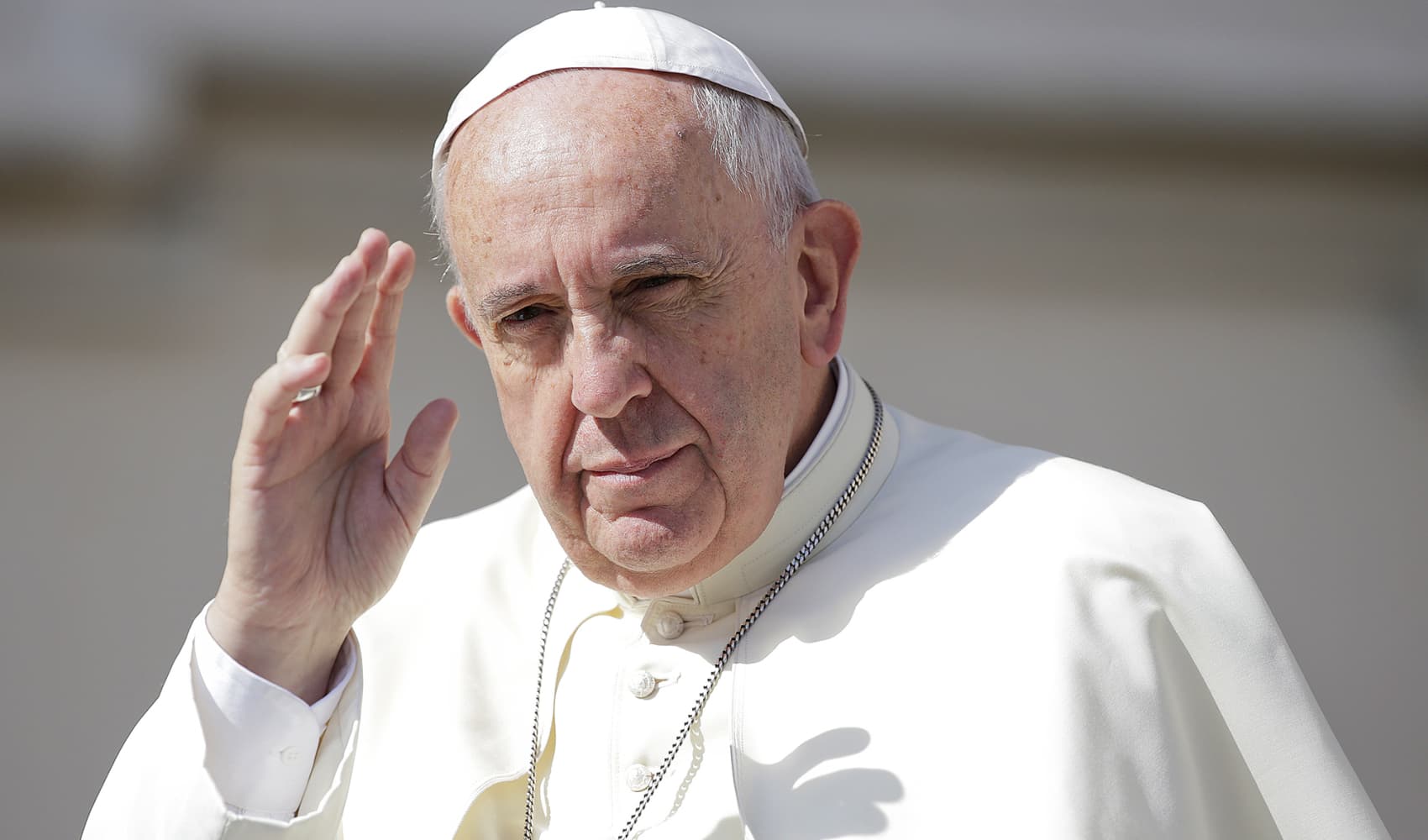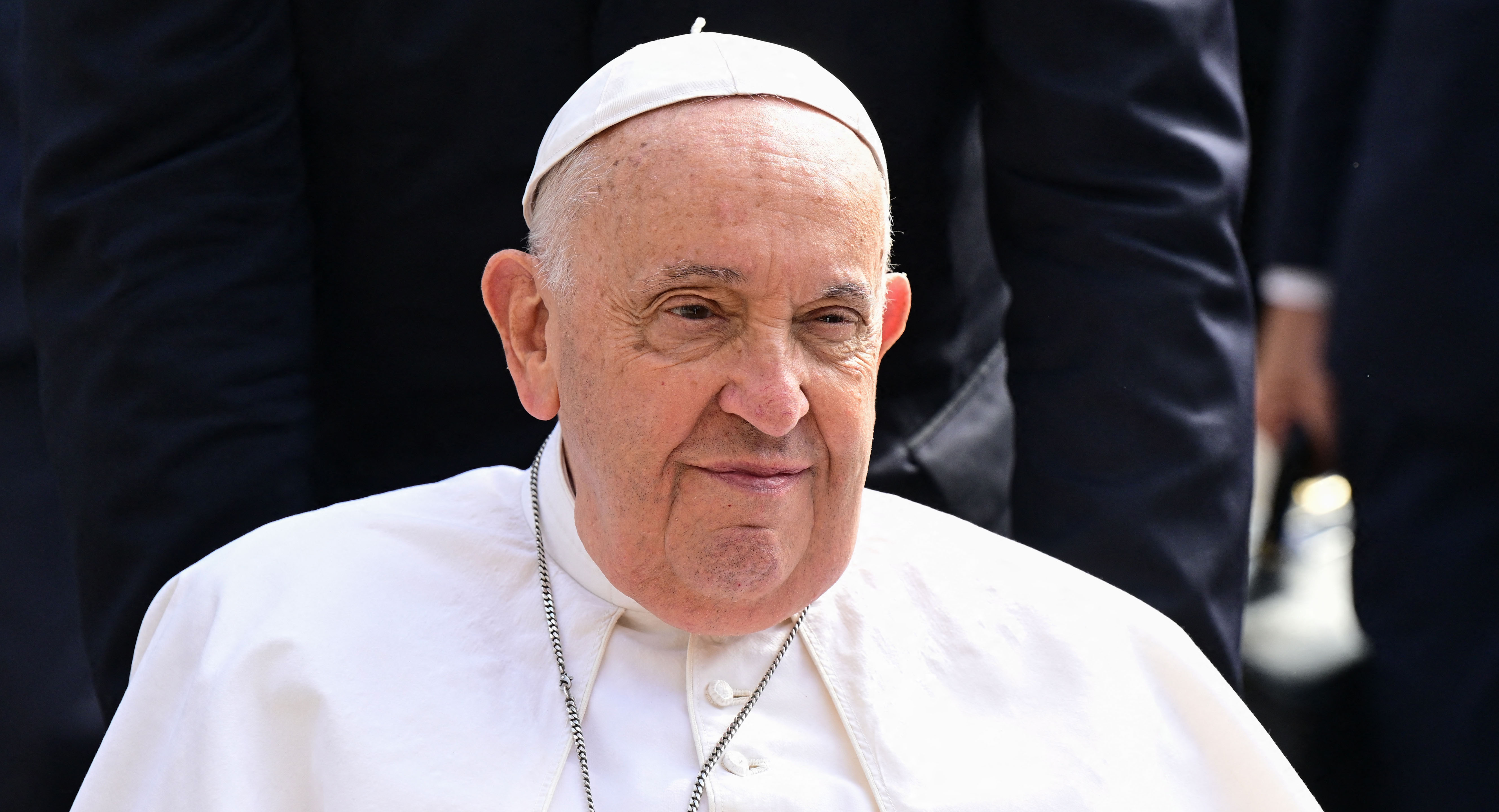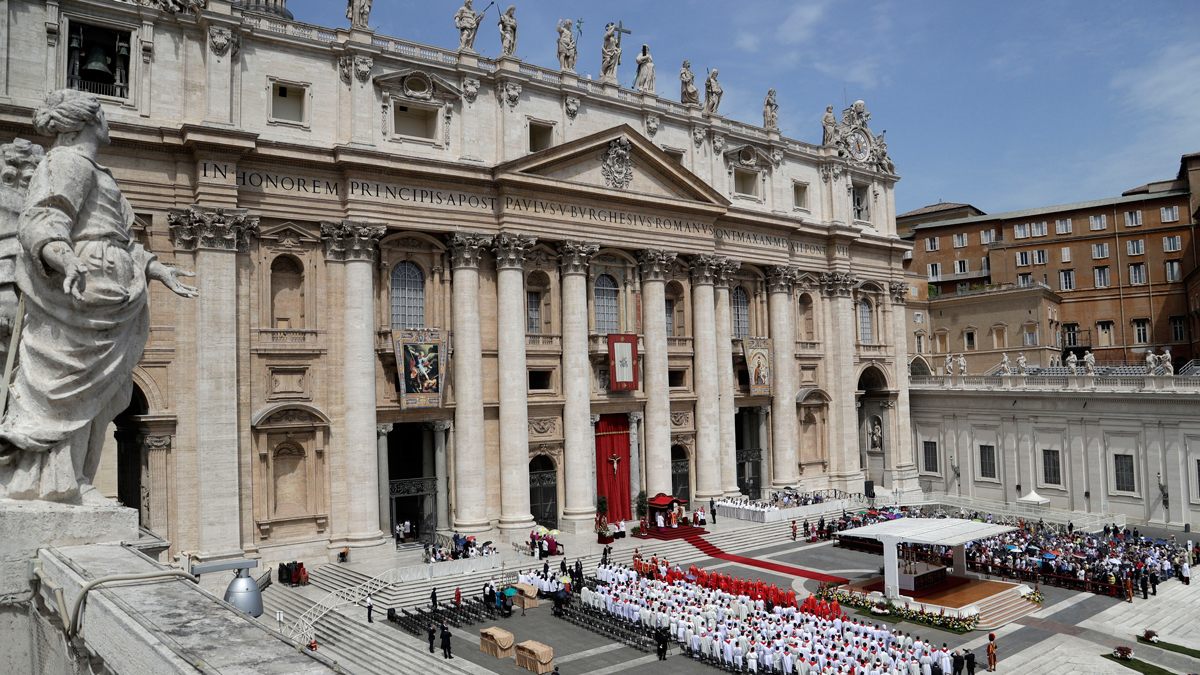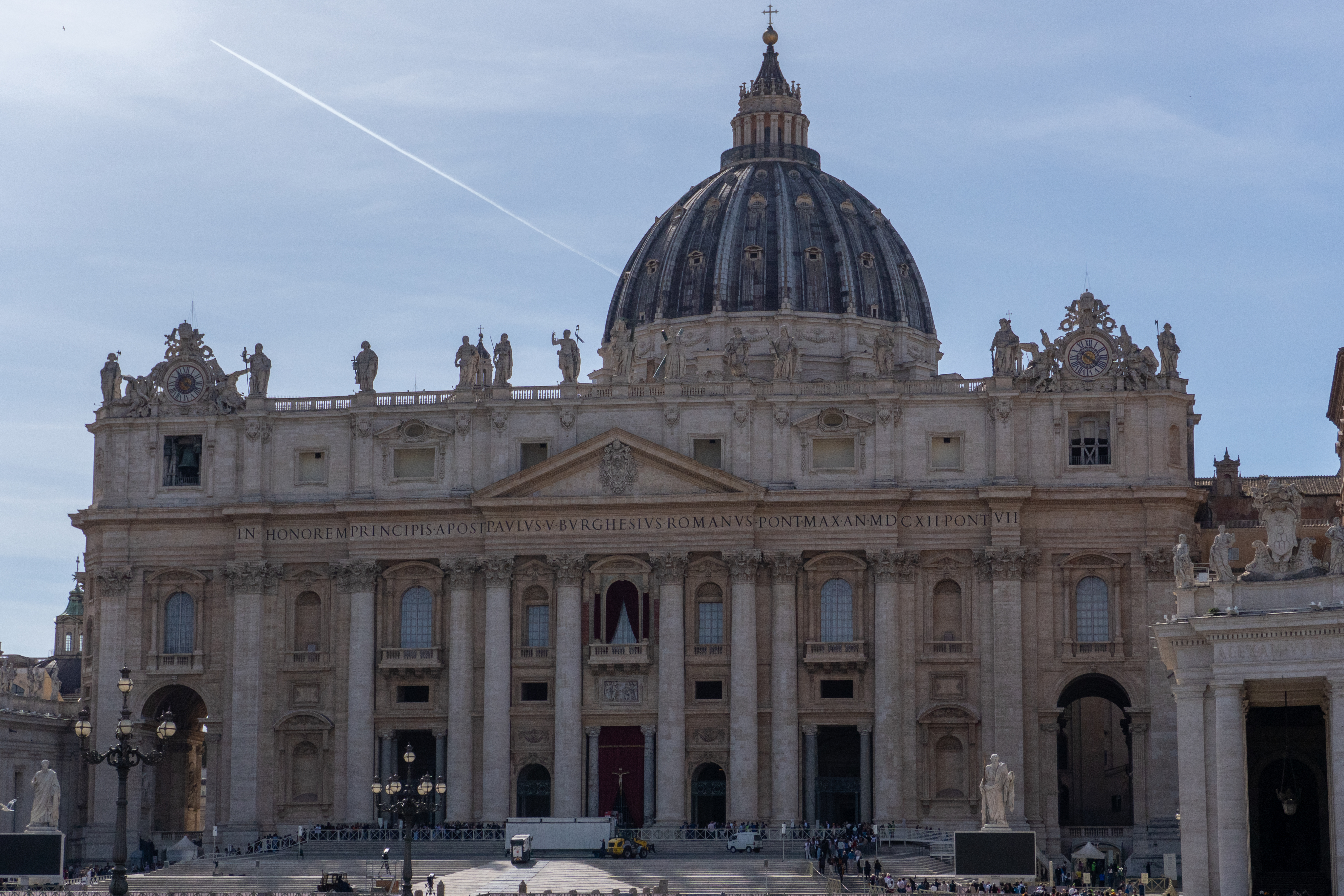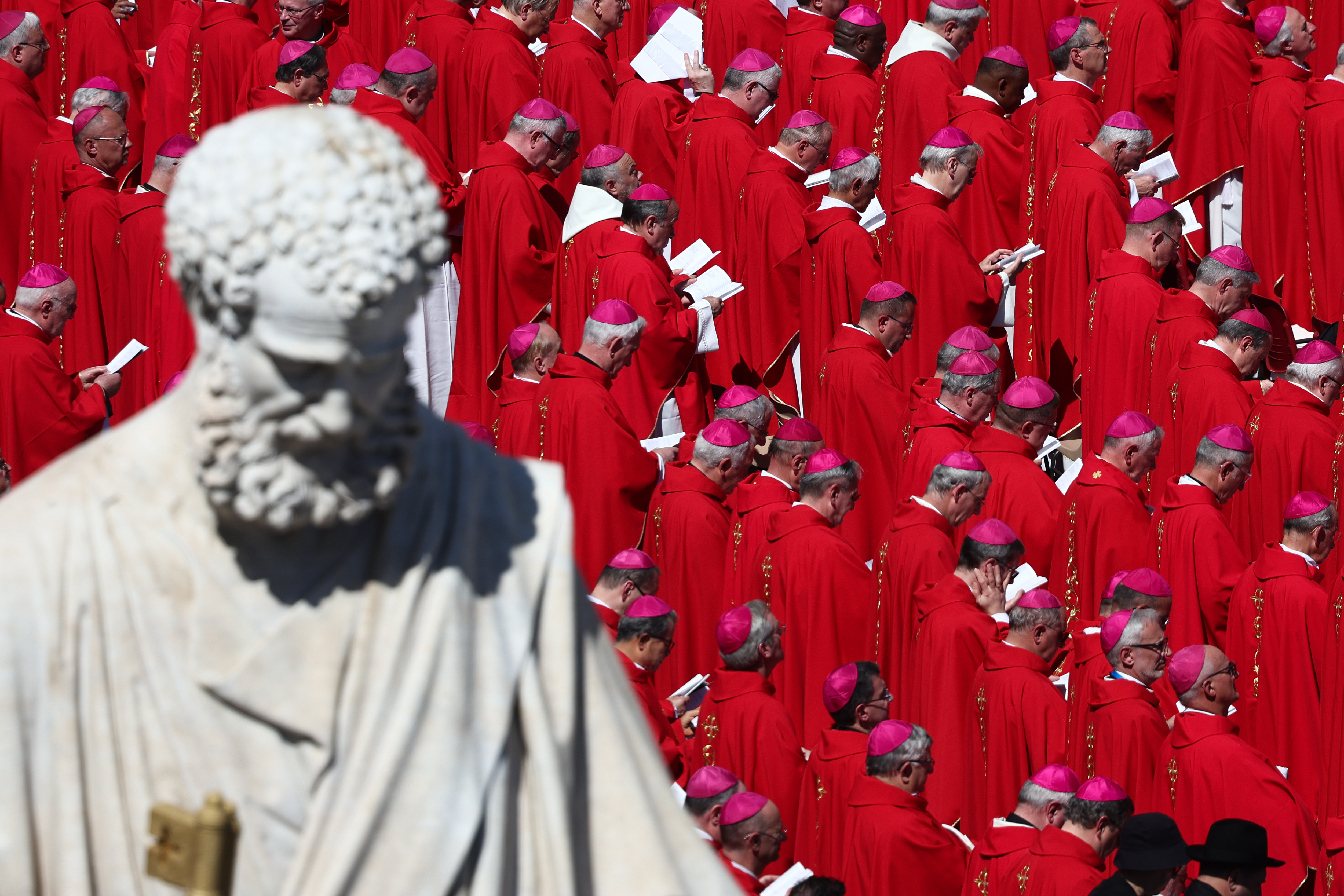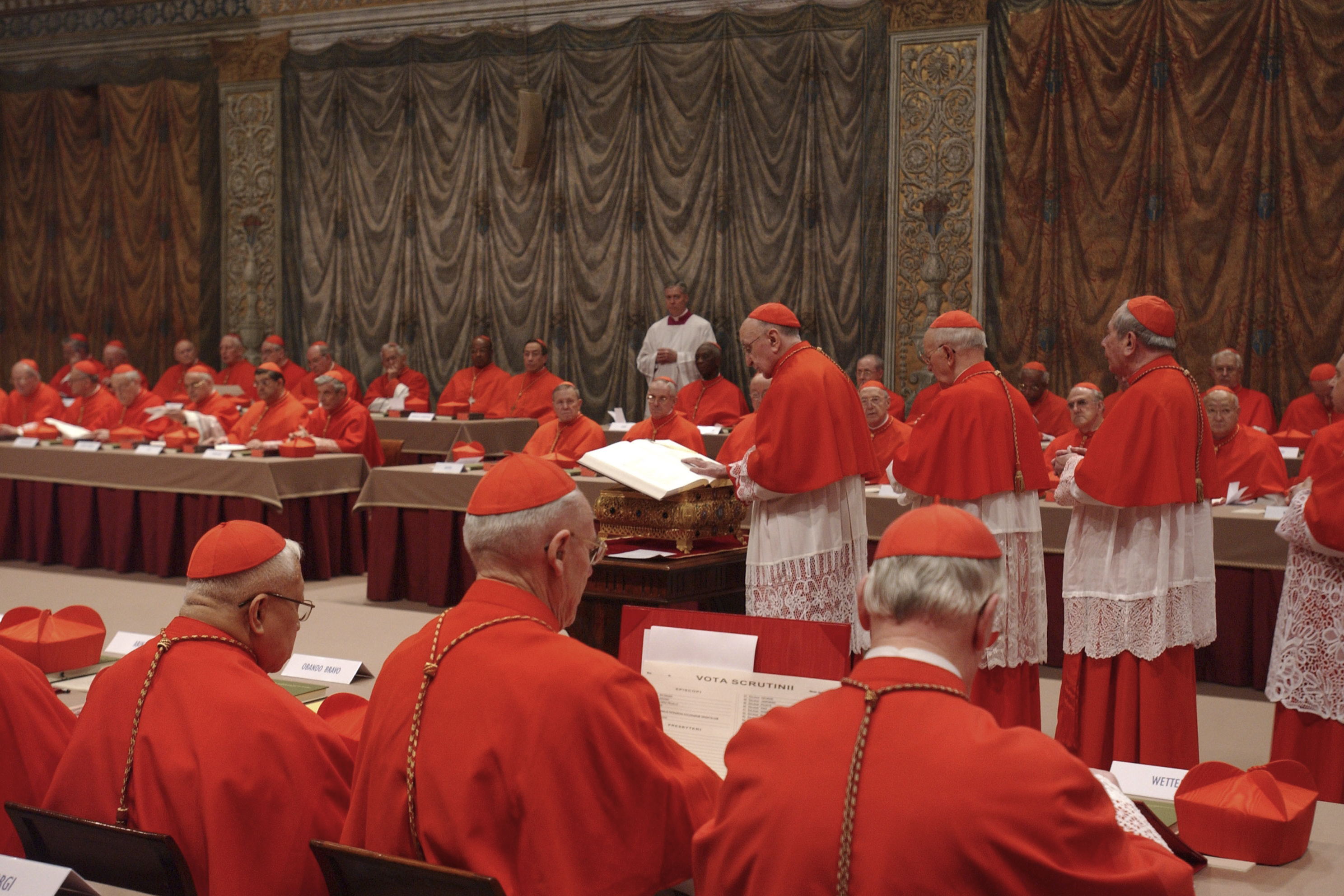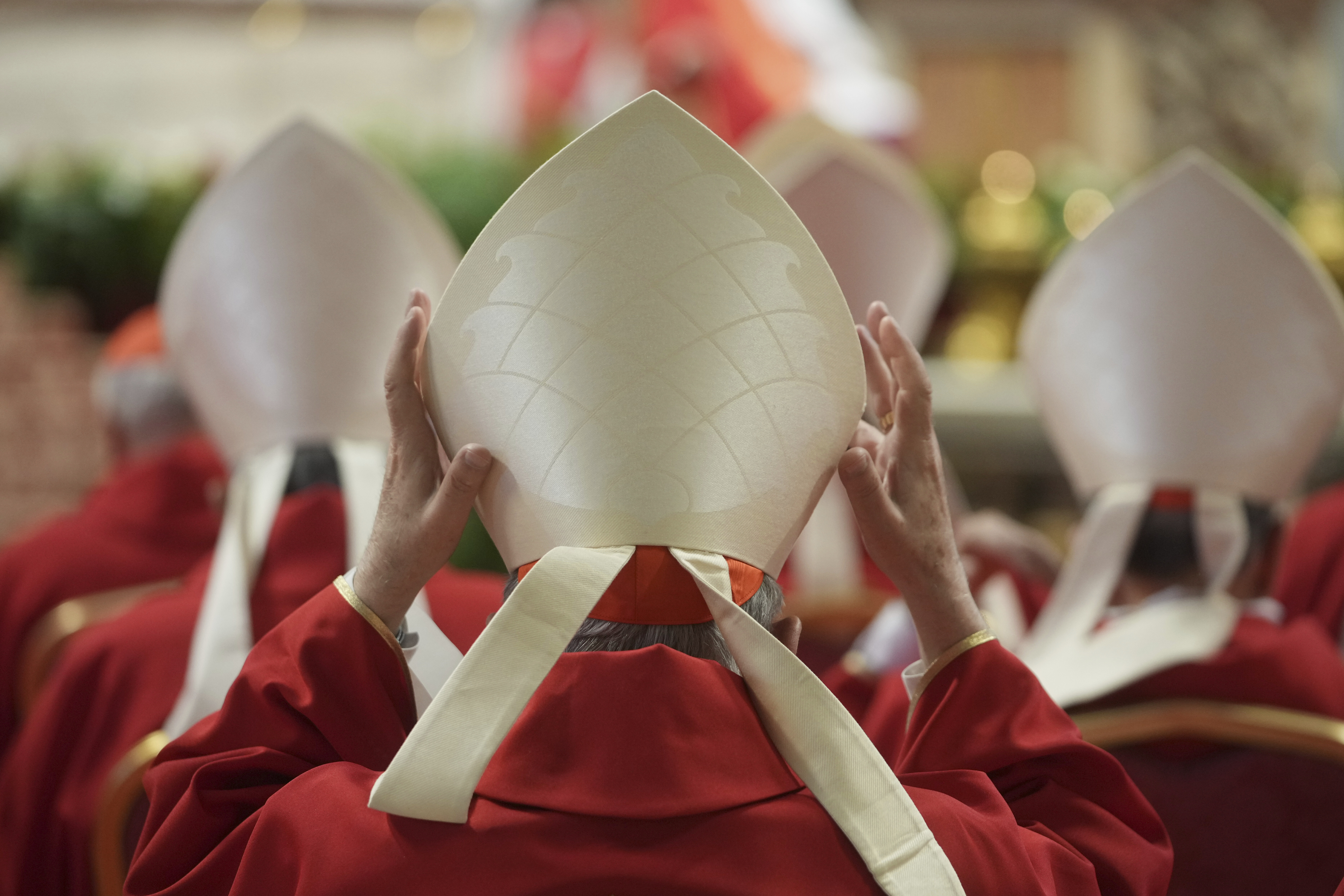Pope Francis Dies: The Legacy of the First American Pope
A World Mourns: Pope Francis, First Pontiff from the Americas, Passes Away at 88
Introduction: The End of an Era
The world is in mourning. The news has reverberated across continents: Pope Francis, the beloved leader of the Catholic Church and a figure of hope for millions, has passed away at the age of 88. But what does this mean for the Church and the world? It marks not just the end of a pontificate, but the close of a chapter defined by compassion, reform, and a distinctly global perspective. His papacy, the first from the Americas, leaves an indelible mark on the Church's history.
A Somber Announcement
The official announcement came via a video address by Cardinal Kevin Farrell on Monday. "Dearest brothers and sisters, with deep sorrow I must announce the death of our Holy Father Francis," he stated, the gravity of the moment hanging heavy in the air. His words signaled the start of a period of mourning and transition for the Catholic Church.
Who Was Pope Francis? A Humble Beginning
Born Jorge Mario Bergoglio in Buenos Aires, Argentina, Pope Francis was more than just a religious figure. He was a son of immigrants, a former nightclub bouncer, and a man deeply connected to the realities of everyday life. His humble origins resonated with many, making him a relatable and approachable leader.
From Jesuit to Pope
His journey to the papacy was a testament to his dedication and faith. As a Jesuit priest, he focused on serving the poor and marginalized. Did anyone foresee that this humble Argentinian would one day lead the Catholic Church?
The First from the Americas: A Pontificate of Change
Pope Francis' election in 2013 was a watershed moment. He became the first pontiff from the Americas, and the first from the Southern Hemisphere. This geographical shift symbolized a move towards greater inclusivity and a recognition of the Church's growing presence in the developing world. He brought a fresh perspective and a renewed focus on social justice.
A Legacy of Reform and Compassion
What will Pope Francis be remembered for? Surely, his focus on the poor and marginalized. He consistently spoke out against injustice, inequality, and environmental destruction. He challenged the status quo and urged the Church to be more welcoming and compassionate. His papacy was marked by a commitment to reform and a deep concern for the welfare of humanity.
Social Justice Champion
Francis wasn't afraid to tackle tough issues. From climate change to immigration, he used his platform to advocate for the vulnerable and challenge powerful interests. His pronouncements often sparked debate, but they also inspired action.
Interfaith Dialogue
Understanding and cooperation between different faiths was another key focus. He actively sought dialogue with leaders of other religions, promoting peace and mutual respect. Was this not the foundation of his actions?
The Conclave: Choosing a Successor
With the Pope's passing, all eyes turn to the Vatican and the upcoming conclave. This gathering of the College of Cardinals, a select group of high-ranking Church officials, will be tasked with the weighty responsibility of electing the next pope. The conclave is a sacred and secretive process, guided by prayer and tradition.
The Secrecy of the Conclave
Imagine being locked in a room with over a hundred other cardinals, knowing that the fate of the Catholic Church rests on your shoulders. The conclave is conducted in complete secrecy, with no outside communication allowed. Why such secrecy? To ensure that the cardinals are free from external pressures and can vote according to their conscience.
Who Will Be the Next Pope?
The burning question on everyone's minds: Who will succeed Pope Francis? The answer remains shrouded in mystery. While various names are often circulated, the actual outcome is unpredictable. The cardinals will weigh various factors, including the candidate's theological views, leadership qualities, and vision for the Church. The selection process is a complex interplay of faith, politics, and personal relationships.
A World Responds: Tributes and Reflections
News of Pope Francis' death has prompted an outpouring of tributes from world leaders, religious figures, and ordinary people. Many are reflecting on his impact and legacy, remembering his words of wisdom, his acts of kindness, and his unwavering commitment to justice.
Political Leaders Weigh In
From presidents to prime ministers, political leaders around the globe have expressed their condolences and praised Pope Francis' leadership on issues ranging from poverty to peace. His moral authority transcended national borders and ideological divides.
The Faithful Mourn
But it's the voices of the faithful that perhaps speak the loudest. Millions of Catholics around the world are grieving the loss of their shepherd, remembering his warmth, his humor, and his ability to connect with people from all walks of life.
The Future of the Catholic Church
What does the future hold for the Catholic Church in the wake of Pope Francis' passing? The answer is uncertain. The next pope will face a myriad of challenges, including declining church attendance in some regions, ongoing debates about social issues, and the need to address past scandals. The new pontiff will need to be a strong leader, a skilled diplomat, and a compassionate pastor.
Challenges Ahead
The Church faces various challenges, from internal divisions to external pressures. The next pope will need to navigate these complexities with wisdom and courage.
Opportunities for Growth
But there are also opportunities for growth and renewal. The Church can continue to play a vital role in addressing global issues, promoting social justice, and offering spiritual guidance to a world in need.
Pope Francis: A Lasting Impression
Whether you agree with his views or not, there's no denying the impact Pope Francis had on the world. He challenged the status quo, inspired millions, and left a lasting impression on the Catholic Church and beyond. His legacy of compassion, reform, and global engagement will continue to inspire for generations to come.
Conclusion: Remembering a Transformative Papacy
Pope Francis's death marks the end of a transformative era. He will be remembered as the first pontiff from the Americas, a champion of the poor, and a voice for the marginalized. His papacy challenged the Church to be more inclusive and compassionate, leaving an indelible mark on its history and the world. The conclave will now begin, tasked with choosing the next leader to guide the Church into the future, building upon the foundations laid by Pope Francis. His legacy of love, reform, and service will continue to inspire.
Frequently Asked Questions (FAQ)
- What is a conclave?
- A conclave is a gathering of the College of Cardinals, held in strict secrecy, to elect a new pope.
- How long does the conclave typically last?
- There's no set timeframe. Conclaves can last from a few days to several weeks, depending on how quickly the cardinals reach a consensus.
- What are some of Pope Francis' most significant accomplishments?
- His efforts to reform the Vatican bureaucracy, his focus on social justice issues like poverty and climate change, and his promotion of interfaith dialogue are among his key achievements.
- What will happen to Pope Francis' body?
- After a period of public viewing, Pope Francis will be entombed in the Vatican, typically in the crypt beneath St. Peter's Basilica.
- How can I express my condolences?
- Many dioceses and parishes will hold memorial services and offer opportunities for prayer. You can also send condolences to the Vatican through official channels or express your grief online.
